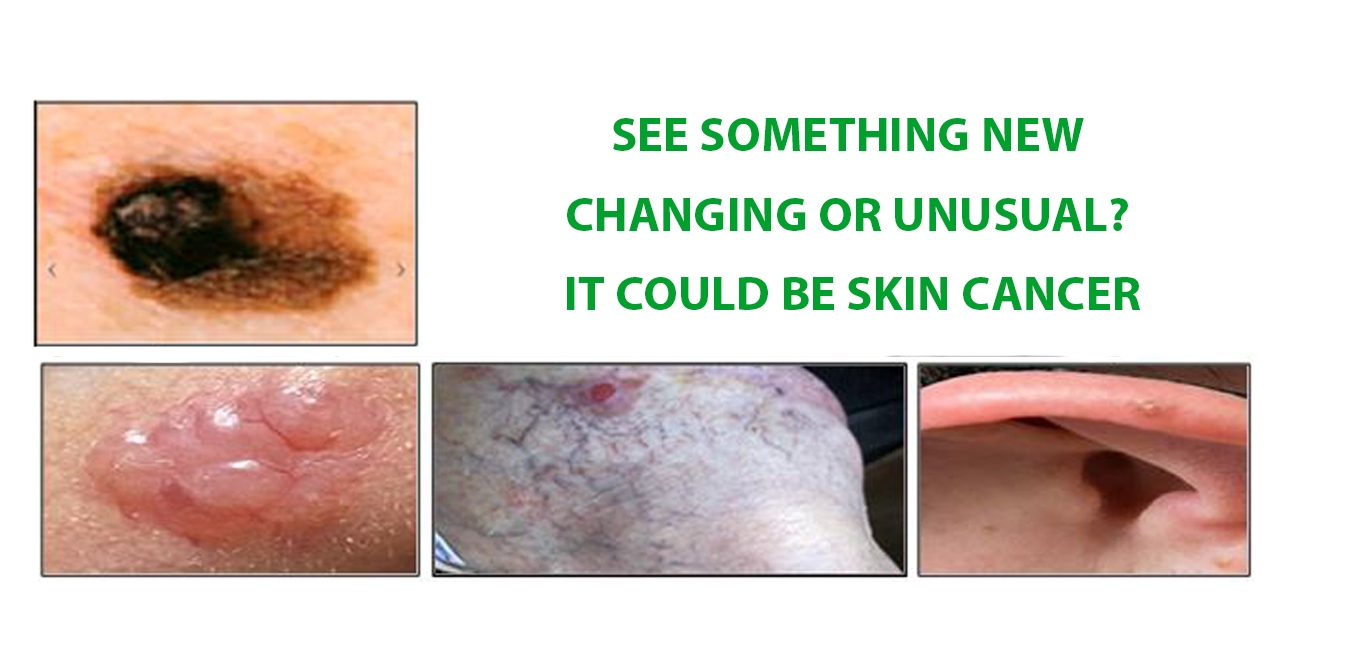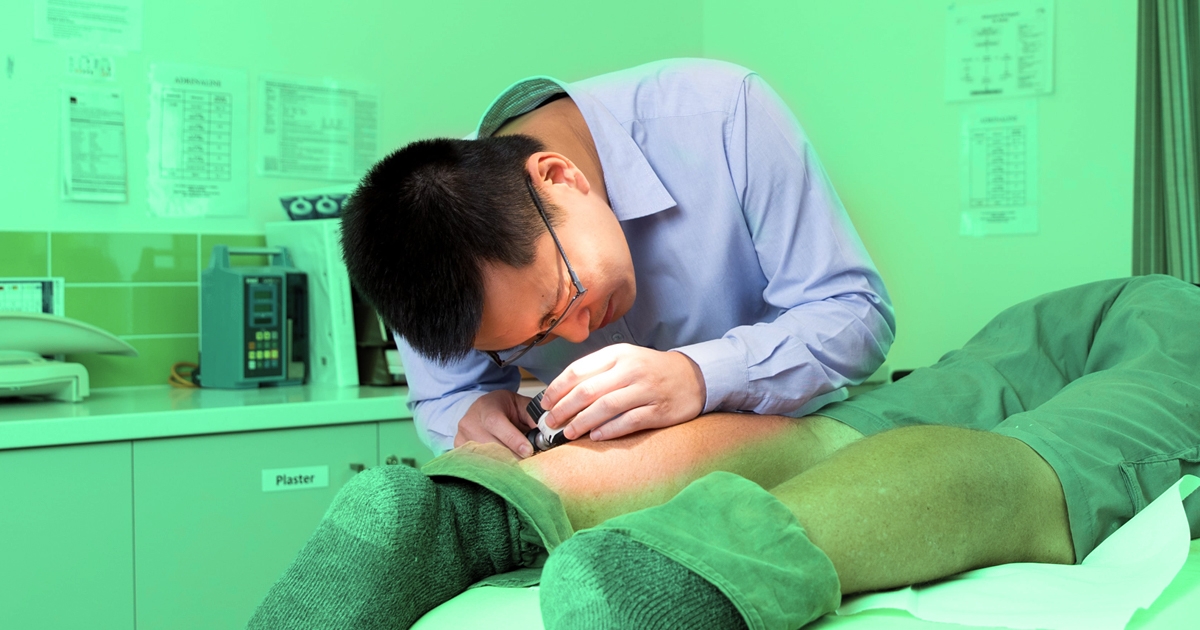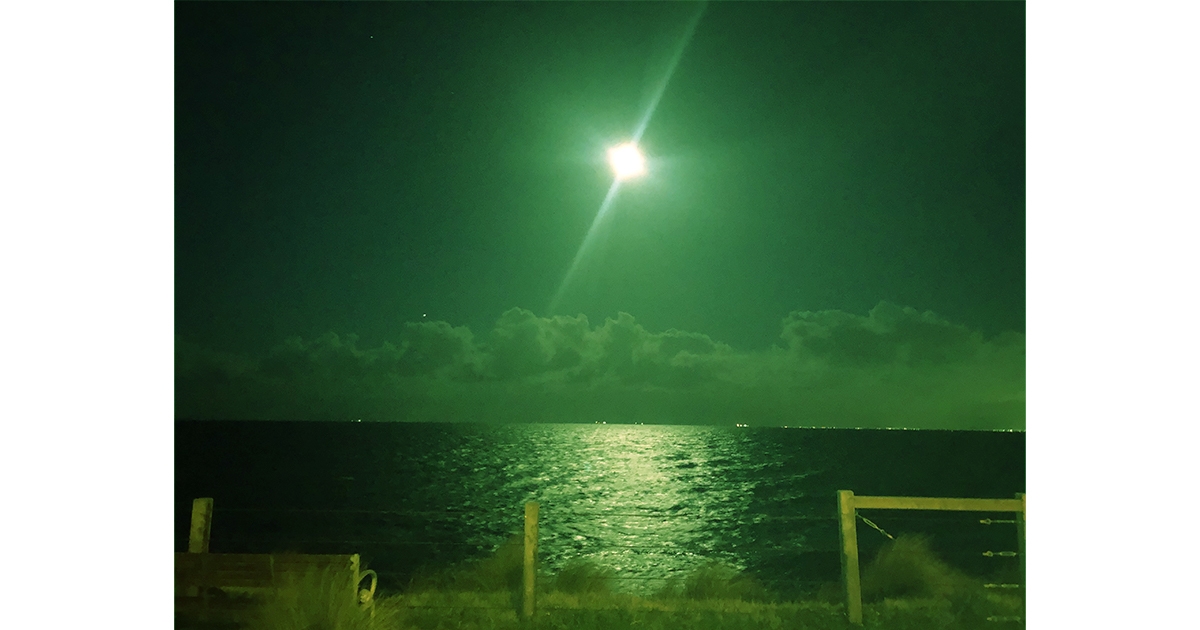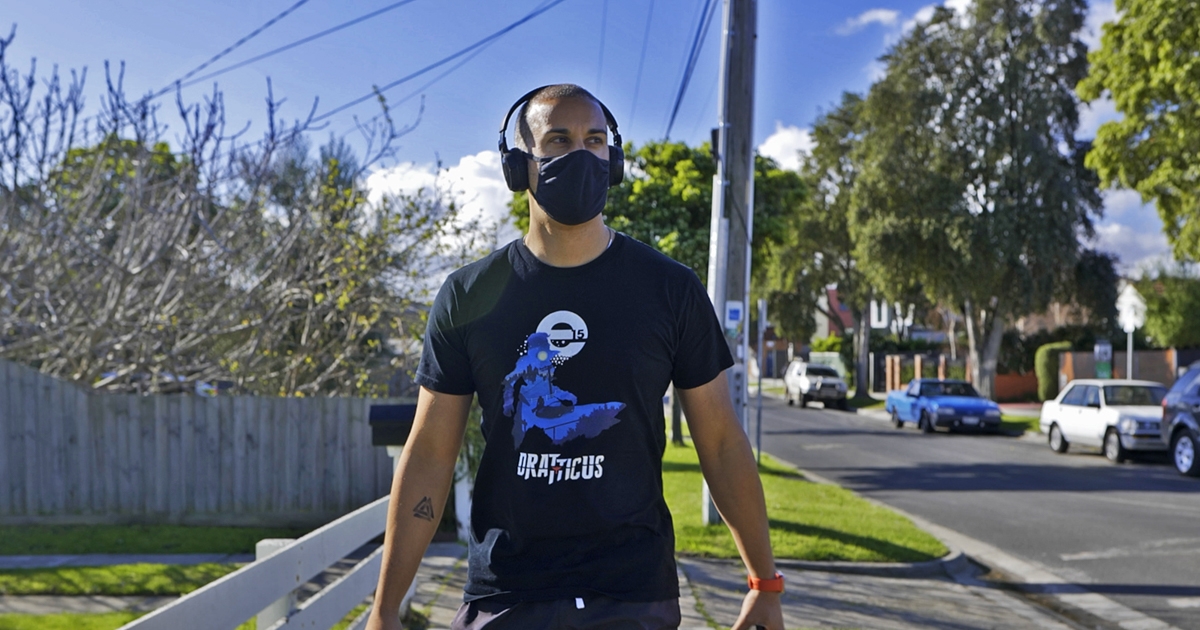As we enter bright and beautiful summers, and people spend more time outdoors, it’s critical to heed the warnings about the dangers of exposure to ultraviolet radiation and skin cancer. Australia has one of the highest rates of skin cancer in the world.
Every year, in Australia:
- skin cancers account for around 80% of all newly diagnosed cancers
- the majority of skin cancers are caused by exposure to the sun
The good news is that skin cancer is also one of the most preventable forms of cancer by protecting skin from overexposure to UV radiation. Also, regular skin checks with your GP can help in early detection and treatment. Often, the doctor may even detect the growth at a precancerous stage, before it has become a full-blown skin cancer or penetrated below the surface of the skin.
What causes skin cancer?
The main cause of all types of skin cancer is overexposure to UV radiation. When unprotected skin is exposed to UV radiation from sun, the structure and behaviour of the cells can change, causing cell damage and leading to skin cancer.
There are three main types of skin cancer:
- basal cell carcinoma
- squamous cell carcinoma
- melanoma – the most dangerous form of skin cancer.

Skin Cancer Symptoms
The sooner a skin cancer is identified and treated, the better your chance of avoiding surgery or, in the case of a serious melanoma or other skin cancer, potential disfigurement or even death.
It is best to talk to your GP if any new/unusual spots are identified. Become familiar with the look of your skin, particularly spots and moles, so you pick up any changes that might suggest a skin cancer.
Look for:
- any crusty, non-healing sores
- small lumps that are red, pale or pearly in colour
- new spots, freckles or any moles changing in colour, thickness or shape over a period of weeks to months.
Report any unusual moles or changes in your skin to your doctor to detect any early signs of cancer.
Treatment for skin cancer
Skin cancers are almost always removed through surgery using local anaesthetic. In more advanced skin cancers, some of the surrounding tissue may also be removed to make sure that all the cancerous cells have been taken out.
Regular skin checks are vital as when detected early they are easier to treat. Any spot/signs of cancer not treated may become dangerous and disfiguring. So, if you spot anything that just doesn’t look right, get it checked by your GP as early as possible.
Practise Sun-Safe Behaviours
The five simple things you can do to protect yourself and your family and reduce the risk of skin cancer are:
- Slip on sun-protective clothing that covers as much skin as possible.
- Slop on broad spectrum, water resistant SPF30 (or higher) sunscreen. Put it on 20 minutes before you go outdoors and every two hours afterwards. Sunscreen should never be used to extend the time you spend in the sun.
- Slap on a hat – broad brim or legionnaire style to protect your face, head, neck and ears.
- Seek shade.
- Slide on some sunglasses – make sure they meet Australian Standards.


